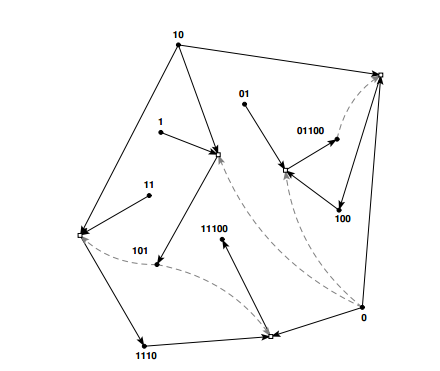Best of 2012: The Single Theory That Could Explain Emergence, Organisation And The Origin of Life
In May, theorists pointed out that biochemists have long imagined that autocatalytic sets can explain the origin of life then wnet on to reveal a new mathematical approach to these sets that has even broader implications
“One of the most puzzling questions about the origin of life is how the rich chemical landscape that makes life possible came into existence.
This landscape would have consisted among other things of amino acids, proteins and complex RNA molecules. What’s more, these molecules must have been part of a rich network of interrelated chemical reactions which generated them in a reliable way.
Clearly, all that must have happened before life itself emerged. But how?
This story is only available to subscribers.
Don’t settle for half the story.
Get paywall-free access to technology news for the here and now.
Subscribe now
Already a subscriber?
Sign in
You’ve read all your free stories.
MIT Technology Review provides an
intelligent and independent filter for the
flood of information about technology.
Subscribe now
Already a subscriber?
Sign in
One idea is that groups of molecules can form autocatalytic sets. These are self-sustaining chemical factories, in which the product of one reaction is the feedstock or catalyst for another. The result is a virtuous, self-contained cycle of chemical creation.
Today, Stuart Kauffman at the University of Vermont in Burlington and a couple of pals take a look at the broader mathematical properties of autocatalytic sets. In examining this bigger picture, they come to an astonishing conclusion that could have remarkable consequences for our understanding of complexity, evolution and the phenomenon of emergence.
Continued…”
